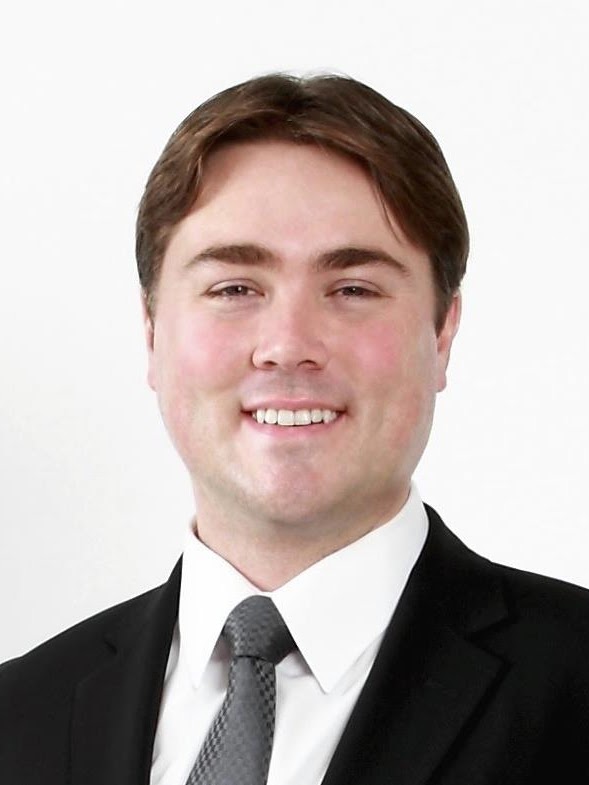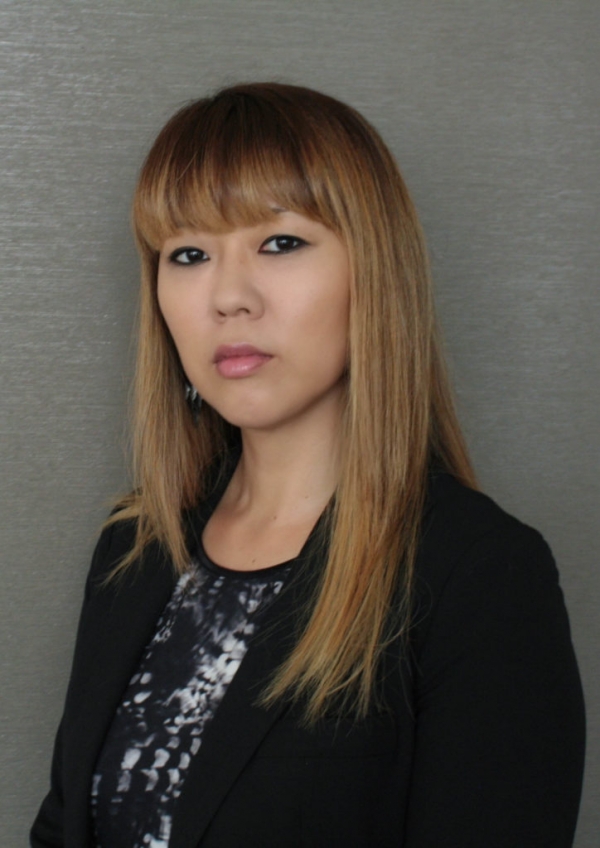North Korea COVID-19 TRACKER
Due to the lack of COVID-19 testing kits, North Korea has been estimating their COVID-19 cases through symptoms, such as fever.
- April 25
A military parade marking the 90th anniversary of the founding of the Korean People's Revolutionary Army was held in Pyongyang, which is predicted to be a super-spreader event. Around 20,000 soldiers participated in the event while none of the audience wore masks.
- May 12
According to Korean Central News Agency(KCNA), the Stealth Omicron virus was detected in one sample on May 8. For the first time, North Korea acknowledged the outbreak of COVID-19 patients, and Kim Jong-un called the situation a "severe national emergency," ordering the maximum emergency controls.
Kim Jong-un's strategies
- Complete lockdown of all cities and counties across the country
- Quarantining by business units (employees will be quarantined by factories or farms they belong to)
- Complete block of the spread of viruses
- Mobilization of preliminary medical supplies
- Emergency inspection of all citizens
- May 13
21 deaths were reported.
- May 14
15 deaths were reported.
- May 24
Zero deaths were reported 10 days after the first official recognition of COVID-19 patients, which makes North Korea's fatality rate of COVID-19 0.002 percent.
Until May 24, 3,703,380 fever cases and 68 deaths were reported. According to KCNA, 47.1 percent of 68 death cases were due to drug side effects. Folk remedies spreading among citizens and drug misuse due to lack of drugs are presumed reasons.
- May 26
1 death was reported.
- May 29
1 death was reported.
17 days after Kim Jong-un ordered the complete lockdown, the lockdown was lifted since noon.
North Korea’s inefficient quarantine measures

Leif-Eric Easley, an International Studies professor at Ewha, expressed his concerns about North Korea’s diplomatic situation regarding their quarantine policy and refusal to accept foreign aid.
Easley commented that the true severity of the current COVID-19 situation in North Korea is quite opaque and lacks credibility, as were their claims of having no cases over the past two years. As Kim Jong-un’s regime is capable of extreme border lockdowns and restriction of internal movement, it has become difficult to gauge the actual extent of the outbreak.
“North Korea is capable of implementing national self-isolation beyond what outsiders can imagine,” Easley explained. “Their system has a high tolerance for pain and China provides support under the table to prop up the economy and hence the Kim regime.”
However, Easley deemed Pyongyang’s pandemic restrictions neither entirely airtight nor economically sustainable. He explained that after domestic production plus maritime shipments that could be easily quarantined at port proved insufficient, North Korea earlier this year had attempted a limited reopening to cross-border trade with elaborate quarantine facilities. But even this came to a pause as cases rose in neighboring Chinese cities.
Although North Korea has publicly displayed large, unmasked gatherings during the pandemic, Easley predicts that Kim Jong-un may be regretting the propaganda parades as they were most likely the super-spreader events that eventually led to the severity of the current COVID-19 outbreak.
On whether North Korea could possibly keep the virus under control, Easley thinks it highly unlikely.
“North Korea does not have adequate testing capacity to accurately assess COVID cases and is almost certainly underreporting the number of deaths,” Easley emphasized. “This public health crisis is shocking yet tragically predictable at the same time.”
Easley mused that international organizations have many other places to aid with limited resources, and implied that they will be unwilling to bend the rules for Pyongyang.
Although China does not have such restraints and is therefore able to share medicine and personal protective equipment (PPE), it is severely underequipped in terms of effective vaccines. Instead, he focused on South Korea as the biggest potential source of aid. Although South Korea has the medical capability and is currently offering assistance, Easley pointed out that North Korea is reluctant to accept due to political reasons.
“Given North Korean political issues with accepting aid from South Korea, Seoul could unconditionally offer contactless delivery of COVID rapid antigen tests and treatment pills via non-governmental organizations,” Easley said. “Then a larger humanitarian package, including food and vaccines, could be facilitated through international organizations such as the World Food Program and COVID-19 Vaccines Global Access (COVAX). Even with many North Korean lives on the line, the biggest obstacle is the Kim regime’s willingness to cooperate.”
North Korea’s underdeveloped medical infrastucture

Jenny Town, the director of 38 North Program at the Stimson Center and a member of the National Committee on North Korea (NCNK), agreed that North Korea is painfully underequipped to take on the pandemic by itself.
Although their doctors have received adequate education and training, Town admitted that North Korea simply lacks medical supplies from the very basics to the COVID-specific ones, such as negative pressure wards or ventilators. Instead, many citizens, especially in rural areas far from Pyongyang, have resorted to treating symptoms with homemade remedies such as herbal teas and hanyak.
To add to this, Town also emphasized that North Korea’s vaccination rate is close to zero, meaning the entire population has no means of immunity against the virus. Combined with the lack of antidotes and medical supplies, this could lead to a major health crisis.
While Town agreed that official case or casualty reports made by the government are probably inaccurate and not to be trusted, she pointed out that it presents a different point of analysis than just numbers.
“The very fact that they are acknowledging COVID cases at all shows that the severity of the situation has gone over the point where the government can contain the infections, most likely because it began to spread amongst Pyongyang elites and not only everyday citizens,” Town explained. “We cannot trust their exact numbers, but we are able to view the overall trend of the infections.”
She also stressed that the meager case numbers may not only owe to the government’s efforts to downplay the virus, but also to the fact that North Korea simply lacks testing kits to distinguish whether patients have COVID or the common cold. Although Kim’s regime undeniably has the incentive to compromise the data, the inaccuracy is not solely political.
Town saw the main national impact of the “zero-COVID policy” lockdown as the sudden lack of trade with China. This led to ripple effects harming individual North Korean citizens, such as factories and markets shutting down, ultimately depriving many of their livelihood and food.
Despite these obvious difficulties, North Korea has continuously refused international offers of assistance. South Korea, United States, and COVAX have repeatedly offered aid in terms of vaccines, as well as medical supplies and personnel. Town believes Kim’s stoic refusal to accept is mostly political.
“It is very difficult to aid a country that has essentially kicked out most foreigners, whether they be diplomats and officials, or humanitarian aid workers,” she said. “However, as we have observed them accepting small amounts of emergency supplies from China, I would say our best shot at getting any help through would be through China.”
Although Town predicts it will be highly unlikely for North Korea to willingly accept foreign aid anytime soon, she said the global community must be prepared to offer any means of help should they ask for it.
Town also emphasized that aiding North Korea must be a humanitarian issue and should not come with the expectation or pressure of immediate denuclearization as the price.
“We need to depoliticize North Korea’s health crisis,” she urged. “In order for North Korea to change their mind and let their people receive proper medical care, we need to show them we are willing to help without payment.”

